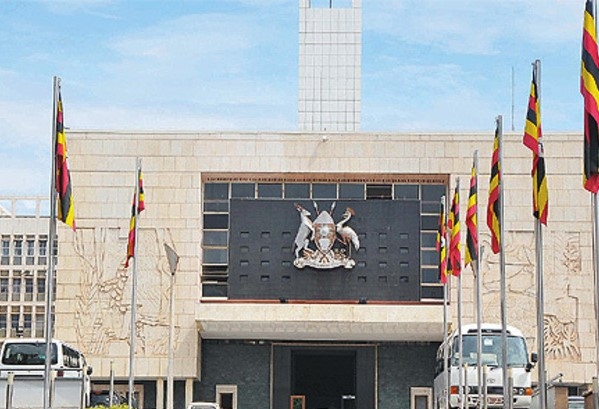By Patriot Corps
Hoima City Stadium Construction Kicks Off with Shs152 Billion Boost In a significant stride towards enhancing Uganda’s sporting infrastructure, the construction of Hoima City Stadium is poised to commence following Parliament’s approval of the requisite shs152 billion. This allocation, part of the Shs288.6 billion Supplementary Budget Schedule No.03, signifies a pivotal milestone in Uganda’s preparations to co-host the prestigious African Cup of Nations (AFCON) in 2027.
The approval of Supplementary Budget Schedule No. 03 for the financial year 2023/2024 took place during a plenary session chaired by Speaker Anita Among, underscoring the national importance of this development. Hoima City Stadium, slated to be a key venue for AFCON 2027, embodies Uganda’s commitment to sports development and regional cooperation, as evidenced by the joint Pamoja Bid with Kenya and Tanzania.
Henry Musasizi, the Minister of State for Finance, Planning, and Economic Development (General Duties), emphasized that the allocated shs152 billion serves as an advance payment for initiating construction works at Hoima City Stadium. This funding injection aims to ensure timely completion of the stadium before the December 31, 2025 deadline mandated by CAF for Uganda’s co-hosting responsibilities in AFCON 2027.
In addition to the stadium funding, legislators sanctioned shs132.6 billion to facilitate Uganda National Oil Company (UNOC)’s additional equity acquisition in the East African Crude Oil Pipeline (EACOP). This financial provision addresses the exigencies arising from delayed financial inflows by financiers, crucial for meeting obligations before July 2024.
The utilization of funds from the Petroleum Fund, in accordance with Section 59(3) of the Public Finance Management Act, underscores Uganda’s strategic approach to infrastructure development. Leveraging resources from the shs400 billion petroleum fund account demonstrates a commitment to aligning national priorities with fiscal regulations.
The approved supplementary budget also caters to critical sectors such as healthcare and diplomatic missions. Notably, shs2.5 billion has been allocated to Uganda Blood Transfusion Services to facilitate blood collection, processing, and distribution for the current quarter. Similarly, Uganda’s Embassy in Geneva received shs1.4 billion to settle accumulated dues on rent, salaries, medical insurance, and utilities, emphasizing the government’s commitment to honoring financial obligations and maintaining diplomatic relations.
However, amidst the general consensus on the budget, dissenting voices were raised, notably by Kira Municipality Member of Parliament, Ibrahim Ssemujju. Ssemujju questioned the urgency of the supplementary budget, particularly regarding the stadium construction, suggesting that it should have been factored into the original budgetary allocations.
In response, Attorney General Kiryowa Kiwanuka elucidated the necessity of the supplementary budget, citing unforeseen circumstances requiring immediate action. He highlighted the legal constraints preventing the approval of contracts without concrete evidence of funding availability, emphasizing the imperative to meet deadlines without compromising fiscal prudence.
As Uganda forges ahead with its development agenda, the approval of the supplementary budget underscores a resolute commitment to realizing strategic priorities, fostering economic growth, and enhancing national prestige on the global stage.


